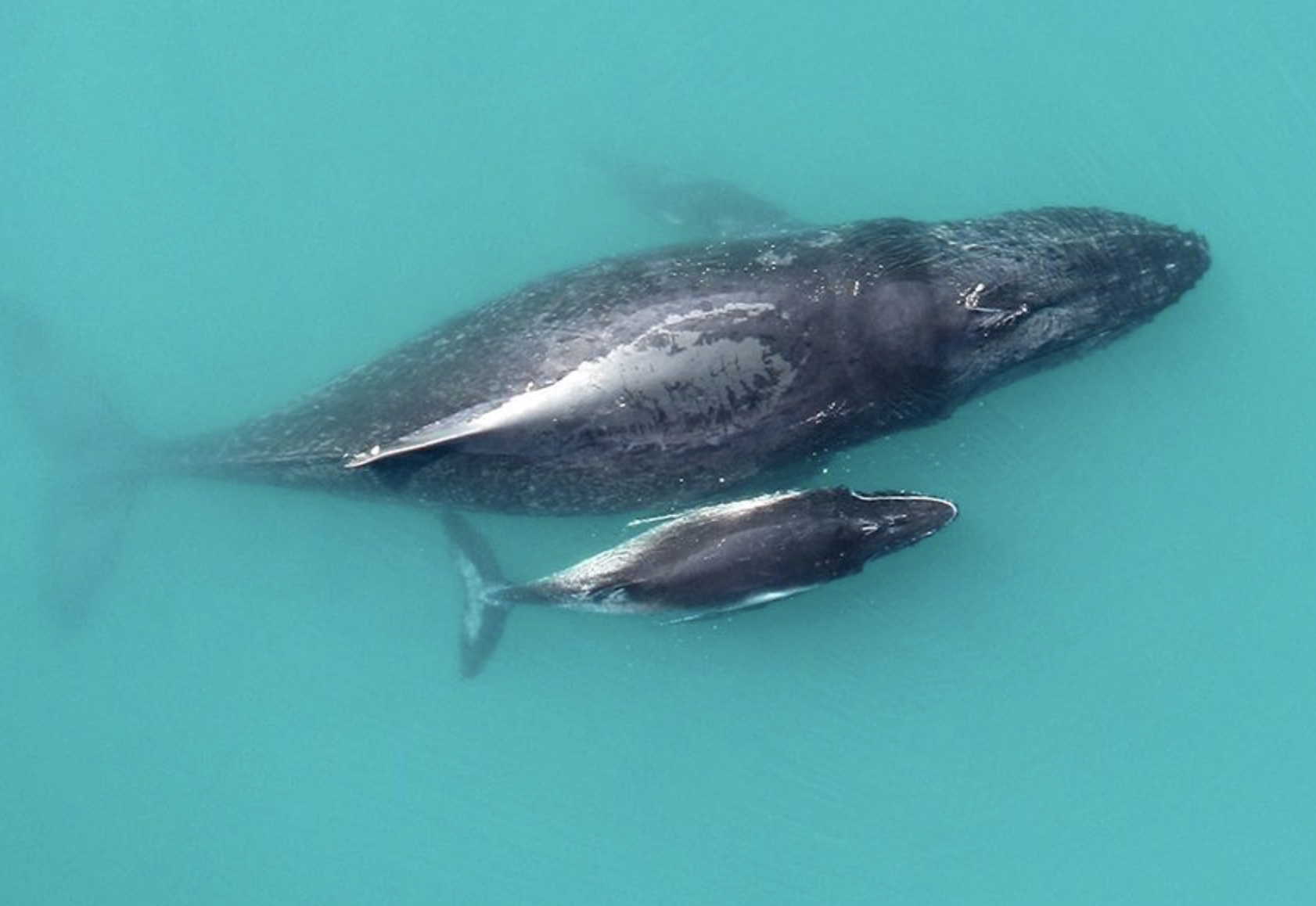Eighty-seven trained site leaders gathered data from the shores of O‘ahu, Kaua‘i and Hawai‘i islands during the Hawaiian Islands Humpback Whale National Marine Sanctuary Ocean Count and from Maui during the Great Whale Count by Pacific Whale Foundation, the first of three coordinated whale counts between the two organizations in 2022. Due to COVID-19 safety precautions, the sanctuary and Pacific Whale Foundation are running modified programs without the normal participation of volunteers. Instead, each site is monitored by trained site leaders working individually or as a couple.
This is the fourth year that both counts are coordinated on the same days, ensuring the data from all the main Hawaiian Islands are collected simultaneously.
Site leaders collected data from 45 sites across all the main Hawaiian Islands on January 29. A total of 278 whale sightings were seen during the 9 to 9:15 a.m. time period, the most of any time period throughout the day’s count.
On the islands of Hawai‘i, O‘ahu, and Kaua‘i, Ocean Count site leaders collected data from 33 sites; a total of 163 whale sightings were seen during the 8:30 to 8:45 a.m. time period, the most of any time period throughout the day’s count.
On Maui, Great Whale Count site leaders collected data from 12 sites during 15-minute intervals between 8:30 a.m. and 11:45 a.m. A total of 122 whale sightings were seen during the 9 to 9:15 a.m. time period, the most of any time period throughout the day’s count.
Across the main Hawaiian Islands, the average weather conditions were ideal for viewing whales with sunny skies, calm seas and light winds. A variety of other species were also spotted during the count including honu (green sea turtles), naiʻa (spinner dolphins) and multiple seabird species such as ʻiwa (great frigatebird), mōlī (laysan albatross) and more.
We would like to remind ocean users to follow whale watching guidelines provided in the Hawaiian Islands Humpback Whale National Marine Sanctuary’s Ocean Etiquette (https://hawaiihumpbackwhale.noaa.gov/visit/boating.html) and Pacific Whale Foundation’s Be Whale Aware (https://pacificwhale.org/conservation/be-whale-aware-and-dolphin-wise) programs.
Ocean Count promotes public awareness about humpback whales, Hawaiian Islands Humpback Whale National Marine Sanctuary, and shore-based whale watching opportunities. Site leaders tally humpback whale sightings and document the animals’ surface behavior during the survey, which provides a snapshot of humpback whale activity from the shorelines of O‘ahu, Kaua‘i and Hawai‘i islands. Ocean Count is supported by the National Marine Sanctuary Foundation.
The Great Whale Count by Pacific Whale Foundation had site leaders count whales from shore as part of a long-term survey of humpback whales in Hawai‘i, with 12 survey sites along the shoreline of Maui. This event provides a snapshot of trends in relative abundance of whales and is one of the world’s longest-running community science projects.
Both counts will take place three times during peak whale season annually on the last Saturdays in January, February and March.
Preliminary data detailing Sanctuary Ocean Count whale sightings by site location are available at: https://oceancount.org/resources/. Additional information is available on the sanctuary’s website at http://hawaiihumpbackwhale.noaa.gov.
Pacific Whale Foundation’s Great Whale Count data may be found at https://www.pacificwhale.org/research/community-science/ with additional information at www.mauiwhalefestival.org
With a mission to protect the ocean through science and advocacy, and to inspire environmental stewardship, Pacific Whale Foundation (PWF) conducts Research, Education and Conservation programs for the communities in which it serves. Founded by Greg Kaufman in 1980 as a 501(c)(3) nonprofit organization dedicated to saving the world’s whales from extinction, PWF now operates a social enterprise that offers fee-based programs and services through PacWhale Eco-Adventures to help fund its nonprofit work. Combined with memberships, donations, charitable grants and a remarkable group of dedicated volunteers, PWF now reaches more than 400,000 individuals each year through its Maui and Australia offices and research projects in Ecuador and Chile.
Hawaiian Islands Humpback Whale National Marine Sanctuary, administered by NOAA’s Office of National Marine Sanctuaries and the State of Hawai‘i Division of Aquatic Resources, protects humpback whales and their habitat in Hawaiian waters where they migrate each winter to mate, calve and nurse their young.
The National Marine Sanctuary Foundation, established in 2000, is the official non-profit partner of the National Marine Sanctuary System. The Foundation directly supports national marine sanctuaries by protecting species, conserving ecosystems and preserving America’s maritime heritage through on-the-water conservation projects, public education and outreach programs and scientific research and exploration.


